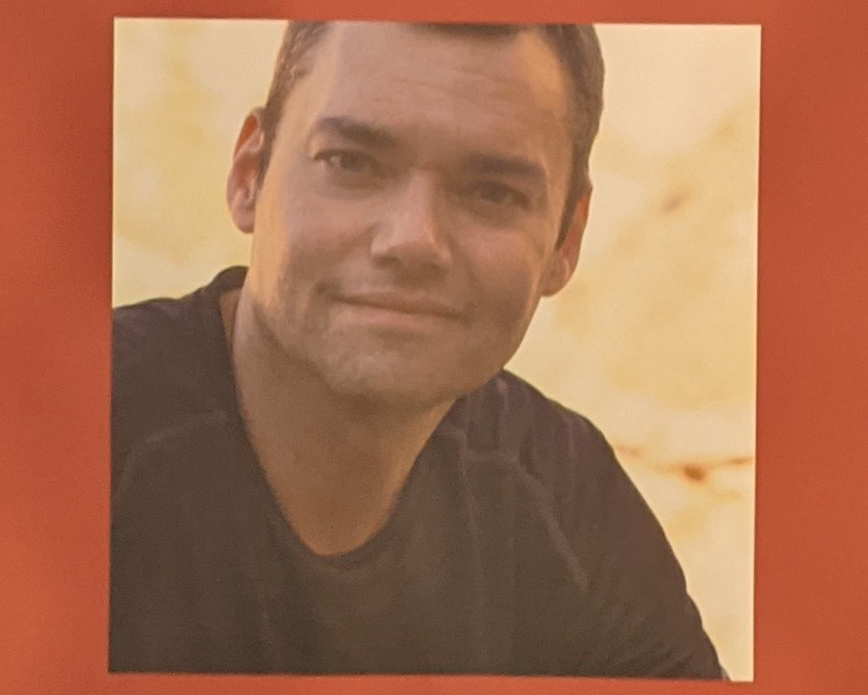Speaker calls for single-state solution in Israel-Palestine conflict
Political commentator and expert on Mideast affairs Peter Beinart, speaks about the need to reach a shared-state solution to the Israeli/Palestinian conflict.
October 8, 2021
Political commentator and international relations expert Peter Beinart said in a speech at Miami University this week that he no longer thinks a two-state solution is a viable option for ending the decades-long Palestinian/Israeli conflict.
Beinart spoke Tuesday, Oct. 5, in the Wilks Theater of Armstrong Student Center as this year’s guest of the Grayson Kirk Distinguished Lecture series hosted by the Global Intercultural Studies department at Miami. His remarks highlighted a change in opinion among one of the leading commentators on the conflict.
Beinart, a practicing Orthodox Jew, said he no longer believes in the “moral legitimacy” of a Jewish state — a position he said he formulated after spending more time with Palestinians in the West Bank and reading more Palestinian writing.
Beinart, a former editor of The New Republic and a political commentator, has spent the majority of his adult years arguing for a Jewish state but announced his changed position in a July 2020 opinion piece in the New York Times. In the piece, he wrote of his experience growing up in a Jewish family that “hopscotched from continent to continent as Jewish communities crumbled,” while simultaneously developing the conviction that “Israel was wrong to deny Palestinians in the West Bank citizenship, due process, free movement and the right to vote in the country in which they lived.”
He reiterated those sentiments Tuesday and clarified his new position on what he imagines could be a “Jewish home in an equal state.”
The conflict extends back generations, but the primary issue in question— that of co-existing Israeli and Palestinian states— came to the forefront of political discourse in 1922, when the British Mandate for Palestine was approved by the Council of the League of Nations. The mandate included in it the Balfour Declaration of 1917, which was issued by Britain and expressed support for “the establishment in Palestine of a national home for the Jewish people,” according to the United Nations.
The most recent round of conflict occurred in May of this year when armed Palestinian groups launched rockets toward Israel’s population centers, Human Rights Watch said in an August article. Both sides engaged in the conflict, causing the deaths of 256 Palestinians and 13 Israelis, according to a report from the United Nations Office for the Coordination of Humanitarian Affairs.
Beinart, who regularly attends an Orthodox synagogue and sends his children to a Jewish school, is not accompanied in this united Israel-Palestine sentiment by many of those who stand by Israel, but hopes to see the conversation open up into a “loving debate with a community (I) care a lot about,” he said.
“I believe passionately in the importance of a Jewish society, a Jewish home, in what we might call Israel-Palestine,” Beinart said.“But I actually believe that both morality and Jewish self-interest would be better served by one equal state. A state in which Jews and Palestinians lived under the same law.”














